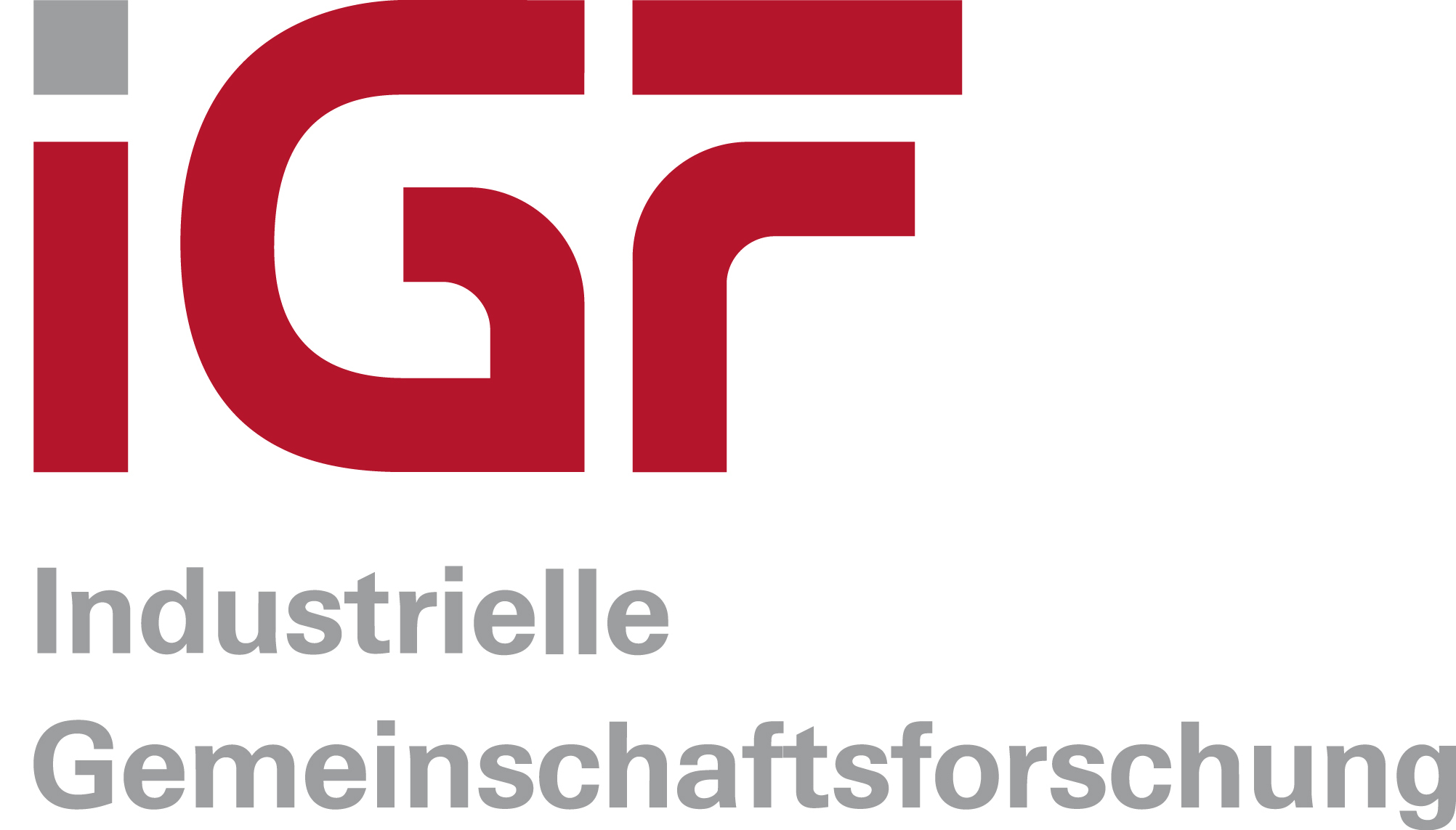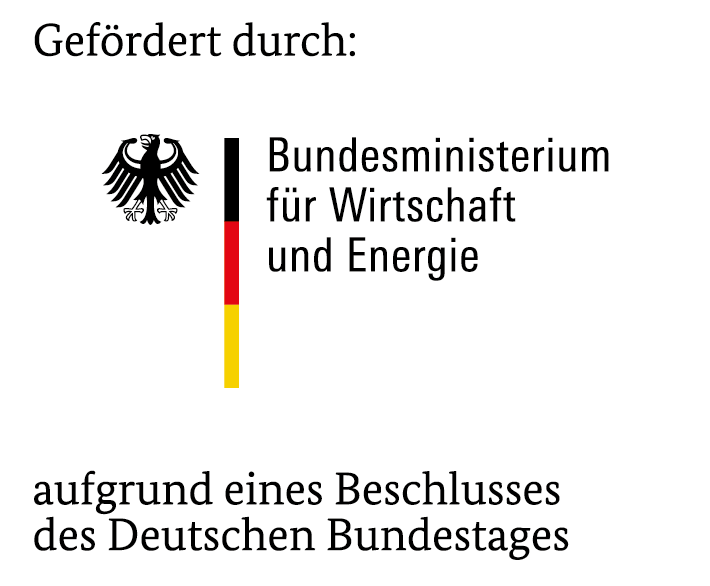Under the title "Tribological Fluid Models II - Tribological Fluid Models for Powertrain Components", the FVV Forschungsvereinigung Verbrennungskraftmaschinen e.V. presented the final report on the IGF project 19427 BG. The BMWi-funded research project is a project that the DGMK accompanied as a cooperating research association.
Cooperation Project Completed: Tribological Fluid Models for Powertrain Components



Abstract Courtesy of the FVV
In order to increase the efficiency of lubricated tribological systems, enormous efforts are made to minimise friction losses. Numerical contact and friction simulations have become an important tool for a successful product development process. In addition to many aspects, the modeling of the lubricant, in particular the viscosity, plays a central role for valid calculation results. For this purpose it is necessary to describe the partly complex dependencies of temperature, pressure and shear rate under extreme conditions by suitable model equations and to determine the required characteristic values on the basis of measurements. The research project was based on the findings of the project "FVV 1138 Tribological Fluid Models for PTOs in Hybrid and Electric Vehicles" and focused on issues that had not been considered before. In particular, the investigations focused on the effects of the elastic behaviour of the fluid or the entire system on the traction behaviour of concentrated contacts. For this purpose, a calculation software based on the Reynolds' Differential Equation (DGL) was extended by an elastic fluid model. Furthermore, a possible time dependence of viscosity was investigated on a rheometer.
In the project, a workflow was developed on how to derive a complete model for a given fluid. This model was applied to 4 practice oils and 2 ultra pure substances. This was based on measurements of the thermophysical fluid properties on high-pressure rheometers. These measured data were approximated with various interpolation equations for use in numerical calculation programmes. Since rheometric fluid investigations are limited by the extreme pressures occurring in concentrated contacts, traction measurements were also carried out on a double-disc test rig and a ring-roller-ring-tribometer. The coefficient of friction, as an integral measured variable, formed the basis for the validation of the numerical simulations and the modelling accuracy of the fluid behaviour on the one hand, and on the other hand, initial estimates of further parameters of the fluid model could be made directly. Finally, model constants that could not be determined had to be determined from an iterative comparison of test and simulation. To support this process, a simplified parameter identification method was developed. Overall, holistic models could be derived for all fluids, with which very good concordances between test and simulation can be achieved for the examined operating points.
In order to prove that the new fluid models can also be used in commercial software, a CFD simulation model was also set up with the ANSYS Fluent 17.1 software. The model was validated by comparison with the Reynolds' DGL solution and the lubricant gap height was compared with measurements on an EHD tribometer. Very good congruence was achieved between the two calculation approaches and the measurements.
In order to develop promising validation possibilities for contact simulation approaches, the project also included thermographic measurements on the double-disk test rig as well as basic experiments for direct viscosity determination in contact by laser-induced fluorescence viscometry.
The goal of the research project has been achieved.
Source:
FVV FINAL REPORT
1227 | 2020 - Frankfurt am Main
Tribological fluid models II
Tribological fluid models for powertrain components
The final report can be obtained from Forschungsvereinigung Verbrennungskraftmaschinen e.V.
www.fvv-net.de
Research Centres
Institut für Maschinenkonstruktion (IMK), Otto-von-Guericke-Universität Magdeburg
Head: Prof. Dr.-Ing. habil. Dirk Bartel
Institut für Tribologie und Energiewandlungsmaschinen (ITR), Technische Universität Clausthal
Head: Prof. Dr.-Ing. Hubert Schwarze
Institut für Maschinenkonstruktion und Tribologie (IMKT), Gottfried Wilhelm Leibniz Universität Hannover
Head: Prof. Dr.-Ing. Gerhard Poll
Research Associations
FVV Forschungsvereinigung Verbrennungskraftmaschinen e.V. (Federführung)
FVA Forschungsvereinigung Antriebstechnik e.V.
DGMK Deutsche Wissenschaftliche Gesellschaft für Erdöl, Erdgas und Kohle e.V.
The IGF project (19427 BG) of the Forschungsvereinigung Verbrennungskraftmaschinen e.V., Lyoner Straße 18, 60528 Frankfurt am Main, Germany, was funded via the AiF within the framework of the programme for the funding of Industrial Collective Research (IGF) by the Federal Ministry for Economic Affairs and Energy on the basis of a resolution of the German Bundestag.